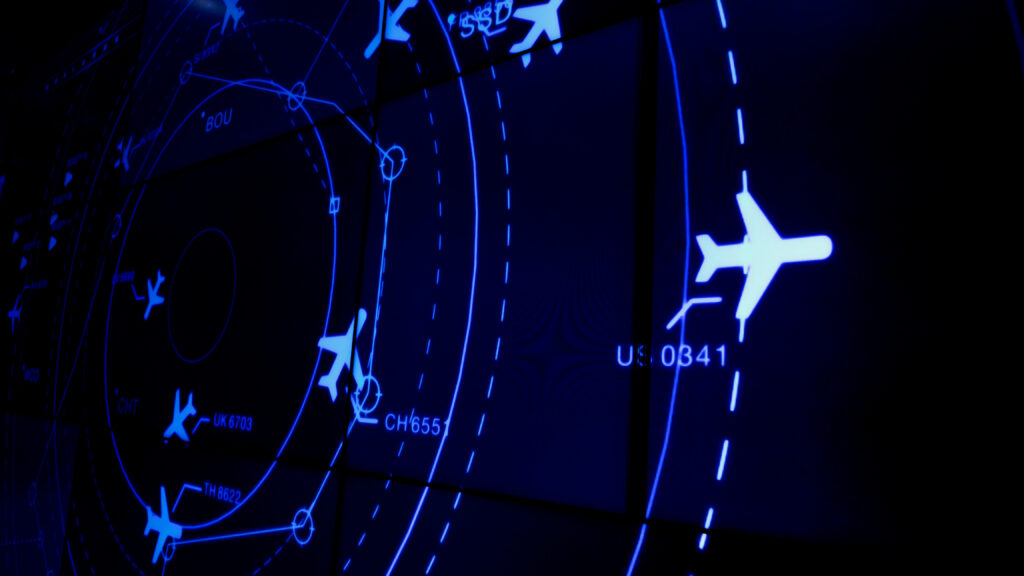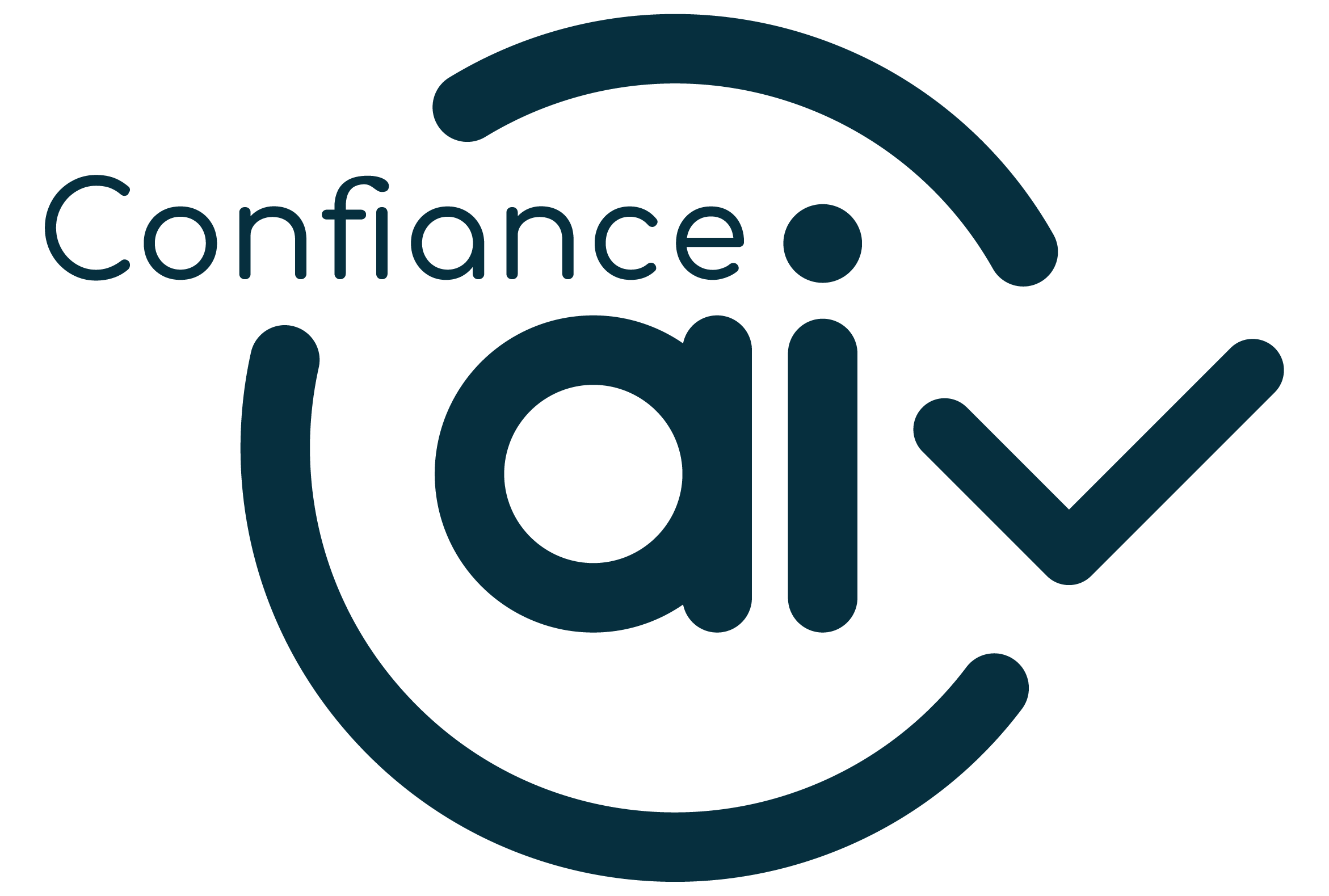
Optimizing air traffic at Thales Land and Air Systems

Joseph MACHROUH, Safety expert, Thales LAS
“The definition of the end-to-end process in the development of trustworthy AI can be seen as an added value of the program.”
Thales LAS’ participation in the Confiance.ai program has enabled AI to be integrated into air traffic management systems, lightening the load on air traffic controllers and optimizing flight trajectories to reduce the environmental footprint.
AI adoption issues specific to Thales LAS
The increase in air traffic has a direct impact on the environment and the workload of air traffic controllers. Introducing AI into air traffic management systems can assist flight control and flight safety, reduce the workload of air traffic controllers, and optimize flight trajectories to reduce the environmental footprint.
Products and services affected by the Confiance.ai program
Several Thales LAS products are starting to integrate AI to help air traffic controllers.
Confiance.ai’s contribution to Thales LAS’s strategy and challenges
The Confiance.ai program has enabled Thales to collaborate with other partners.
Competitive advantages developed with Confiance.ai
Confiance.ai assets are still being tested in our products.
Challenges and conditions for success for the next phase of the Confiance.ai program
The state of the art in AI and AI techniques is evolving significantly. The continuation of the Confiance.ai project is essential if the French ecosystem is to keep pace with this evolution. It is also essential to take into account other AI techniques that have not been addressed in the current part of the project.
Example of current or future implementation/deployment
Tools are currently being tested in our products, mainly a tool to help manage aircraft take-offs and landings at airports.
Accelerating AI Act compliance with the Confiance.ai program
Confiance.ai and interaction with certification authorities and the European community enable Thales to participate in the development of standards.
